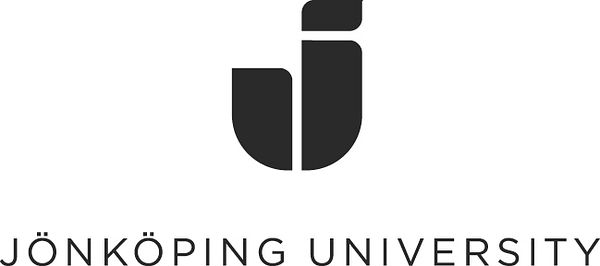Press release -
Improving the properties of ductile iron components
In a new PhD thesis from the School of Engineering, Jönköping University, Keivan Amiri Kasvayee investigates the effect of microstructural variation on the mechanical properties and deformation behaviour of ductile iron.
”Understanding this process is crucial for designing and manufacturing more durable products.”
Ductile iron is the second most frequently used cast material in the world. In the design process of a ductile iron cast component, one of the most critical concerns is whether the local properties of the component are sufficient to withstand the local loading conditions.
”When casting ductile iron you might end up with different properties in different parts of the component, depending on the casting process and the component’s geometries. In my thesis, I have investigated the relationship between the three aspects of the microstructure, mechanical properties and deformation behaviour under monotonic and cyclic loading. The investigations were performed both in macro and micro-scale.”, says Keivan Amiri Kasvayee.
The experimental and computational investigations presented is an attempt to provide the guidelines necessary for producing cast components with higher stiffness and lower weight, thus enhancing the sustainability of products.
”Considering the global mass production of ductile iron, every small improvement can be of great importance.”
Keivan Amiri Kasvayee successfully defended his thesis”On the deformation behavior and cracking of ductile iron; effect of microstructure” at the School of Engineering, Jönköping University, on Friday 8th September.
Related links
Topics
- Science, technology
Categories
- school of engineering
Jönköping University Foundation is one of three independent institutions of higher education in Sweden offering postgraduate programmes. It is characterised by focused profiles, internationalisation, an entrepreneurial spirit and collaboration with surrounding society. Research and education are carried out at four schools: Jönköping International Business School, School of Education and Communication, School of Engineering and School of Health and Welfare. Jönköping University has some 10,000 registered students, 725 employees and a turnover of approximately SEK 800 million.
